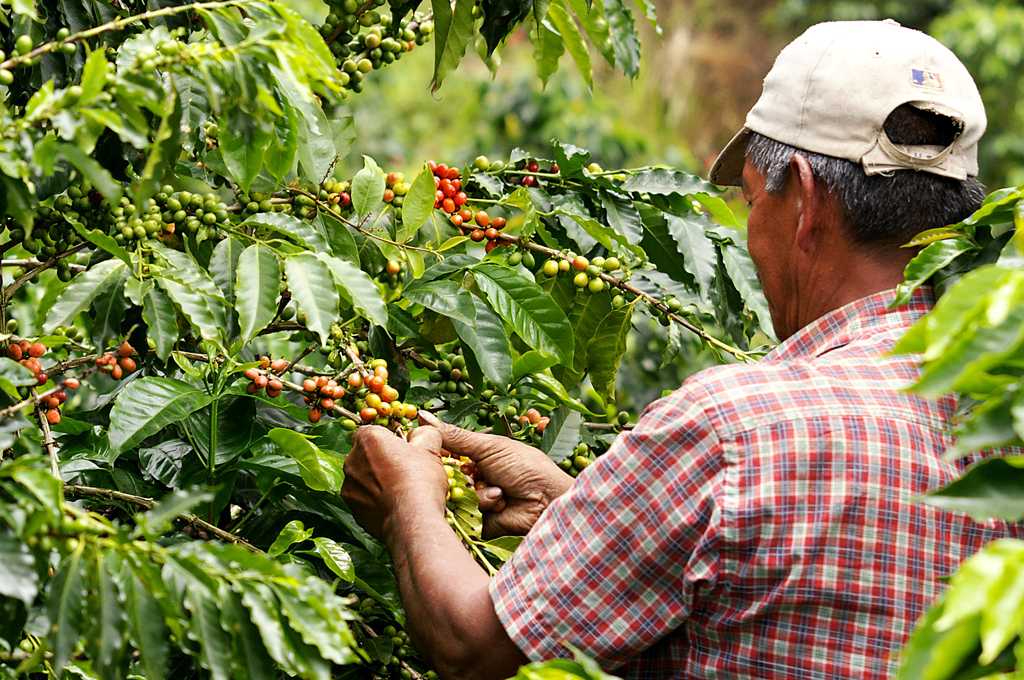HOHENHEIM (Germany) — Producing carbon-neutral coffee is a possibility that is already being tested in Central America and could be made even more efficient if producers adopt certain strategies in their farming methods, agricultural science researcher Athena Birkenberg of Hohenheim University in southern Germany has found, reports Joachim Wille on klimareporter.de.
Every kilogram of roasted coffee on average causes about five kilograms of CO2 emissions, Wille writes.
Projects like the coffee cooperative Coopedota in Costa Rica show that emissions can be reduced drastically.
According to Birkenberg’s research, the cooperative’s efforts could be made even more effective if instead of buying emissions certificates, Coopedota planted more trees near its plantations to capture carbon dioxide.

















